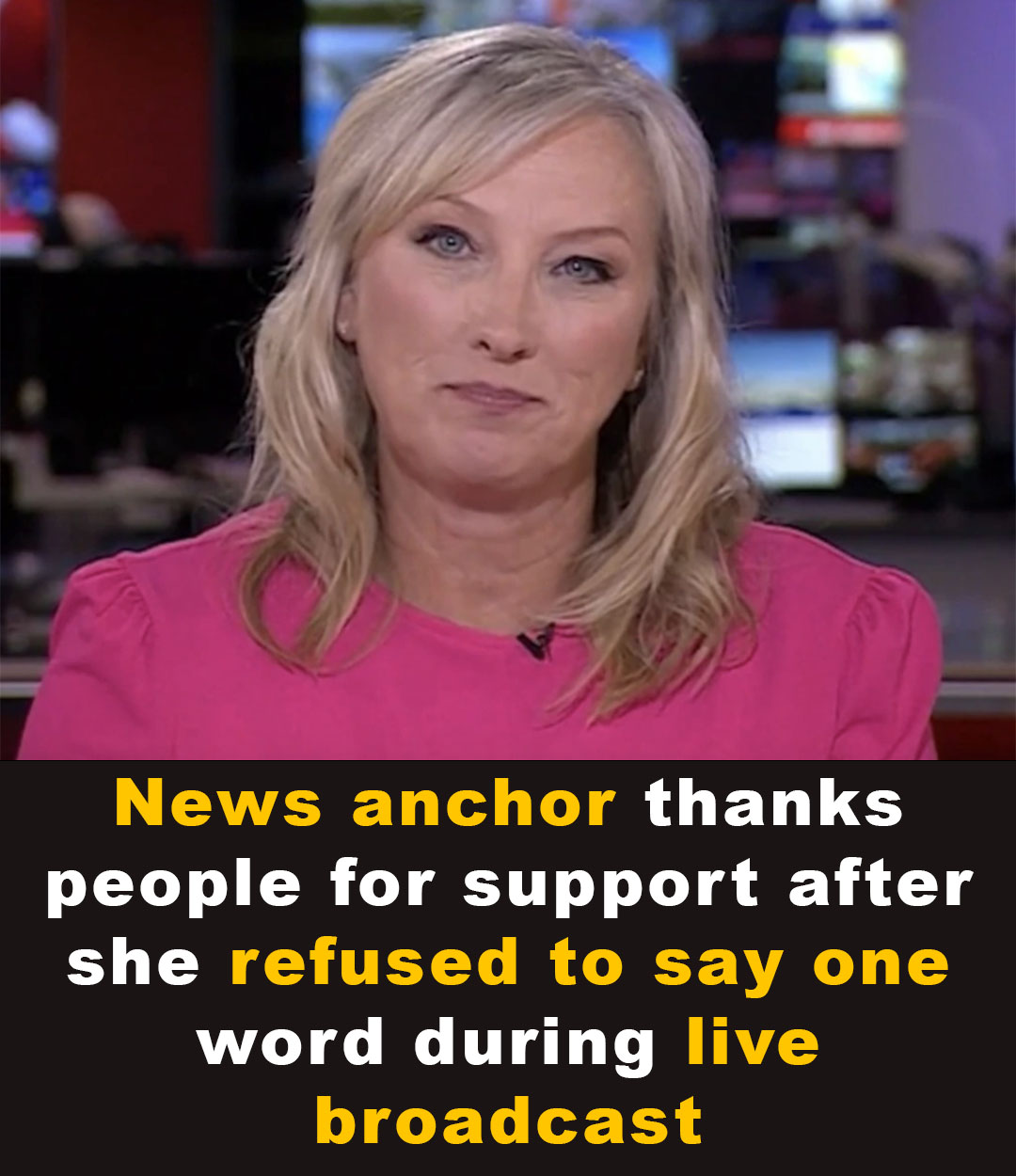Martine Croxall, a veteran BBC News presenter, has sparked a public debate after refusing to read a specific word during a recent broadcast. The 56-year-old anchor, who has been with the BBC for over 30 years, made the decision to change the wording on her teleprompter during a report about heat-related illnesses in the UK.
While discussing research from the London School of Hygiene and Tropical Medicine, Croxall was reading from the autocue when she came across the term “pregnant people.” Instead of reading the word as it appeared, she quickly corrected herself, saying “pregnant women” and signaling with her eyes that she had made a conscious decision.
A Moment That Sparked a National Debate
The incident quickly caught attention on social media, with people expressing differing opinions on the issue. J.K. Rowling, the British author, showed her support for Croxall on X (formerly Twitter), writing, “I have a new favourite BBC presenter.” The term “pregnant people” is often used to be more inclusive of non-binary and transgender individuals, but not everyone agrees with its usage. Critics, especially from groups opposing the inclusion of trans people, voiced their disapproval.
Croxall, who has been vocal about her views in the past, was not surprised by the backlash. In previous discussions, she has stated that “sex is binary and immutable,” highlighting her stance on gender identity. After the broadcast, she took to social media to thank those who had supported her, acknowledging that there may be consequences for her actions. “I’m braced for a talk from the higher-ups, if they decide to raise an issue with me,” she wrote.
Gender-Neutral Terms and the Ongoing Debate
The use of gender-neutral terms like “pregnant people” has become more common in an effort to include non-binary and transgender individuals who can also experience pregnancy. However, this terminology remains controversial, with strong opinions on both sides of the debate. Croxall’s decision to reject the term has reignited discussions about the language used in the media, particularly when it comes to gender and inclusivity.
This moment on air reflects a broader societal conversation that continues to play out in several countries, touching on issues of gender identity, language, and inclusivity. For Croxall, the incident has been a catalyst for further reflection on these important topics.
What do you think of Croxall’s decision to change the wording on air? Share your thoughts with us in the comments.
Full Story: Man Loses 360 Pounds Naturally—Internet Rallies to Support His Next Step
Full Story: Tammy Hembrow’s Bikini Photos Are Stirring Controversy—Here’s Why Everyone’s Talking
Croxall’s actions have sparked an important dialogue, and her response to the situation shows how individuals navigate the complexities of language in an evolving world.


